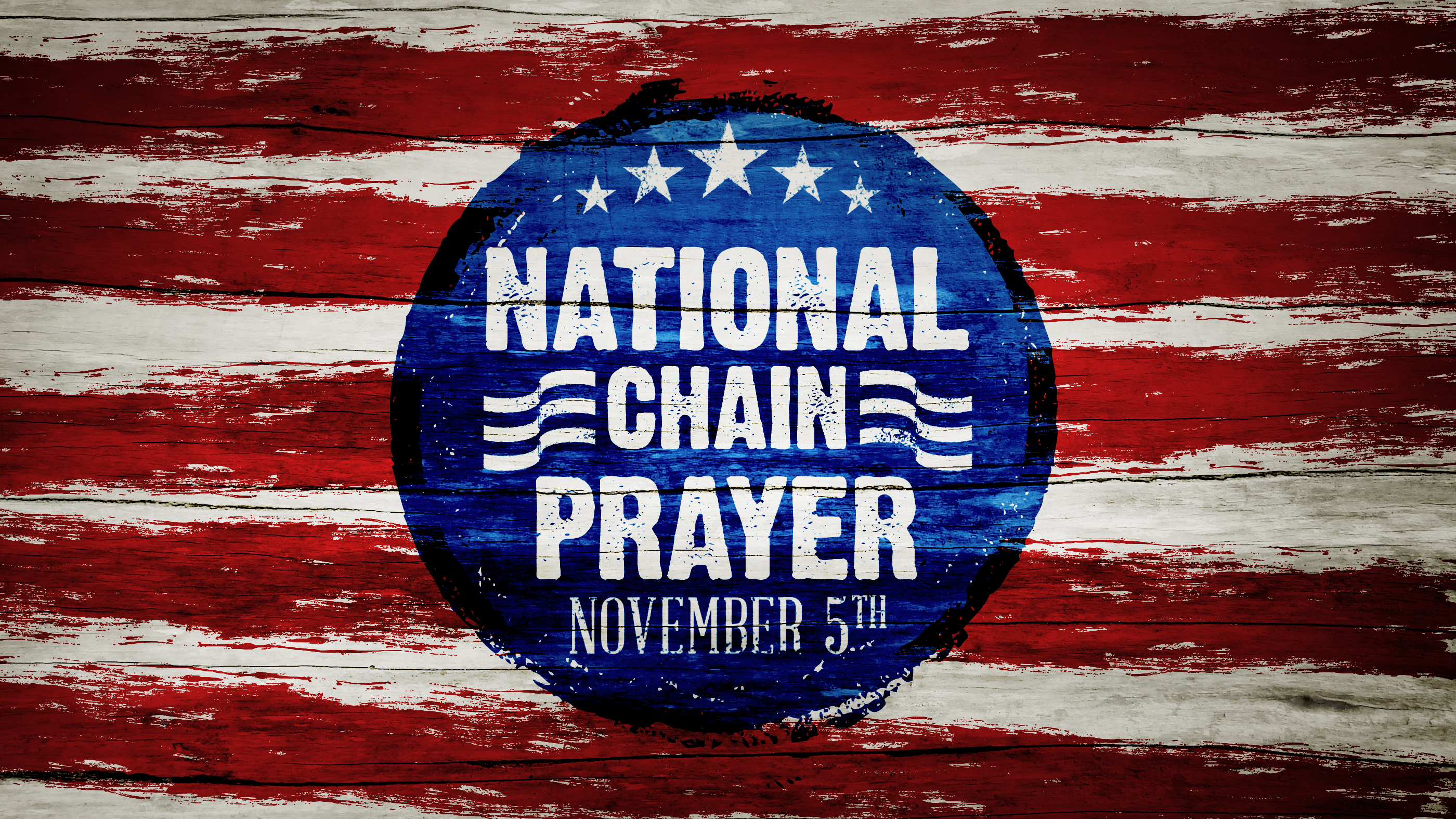When Was Jesus Actually Born?

No one knows for certain the exact year and date of Jesus’ birth. That’s right, it’s true – even the greatest scholars can only speculate using everything we know about available historical accounts and the stars in the heavens. I can tell you after a lengthy study from several sources that I personally think that I am less certain about any particular date. But I invite you as a reader of this article to investigate on your own what scholars and historians have surmised about the date of the birth of Christ.
Dionysius Exiguus was a 6th-century monk who devised the A.D. dating system. A.D. does not mean “after death” as some people believe but comes from “anno Domini notri Jesu Christi”, which is Medieval Latin for “In the year of our Lord Jesus Christ”, and it is a reference to the year of Jesus’ conception or birth. The system developed by Dionysius Exiguus was not widely used until the 800’s, but going backwards and forwards it reshaped the dating of history and brought us into the calendar era. The majority of the world now accepts the Gregorian Calendar as the basis for all the dates we observe.
One thing about the system Exiguus used is that there was no “0 year” – so that 1 B.C. is immediately followed by A.D. 1. “B.C.” has always meant “Before Christ”, though non-Christians now push the “B.C.E.” moniker – “Before the Common Era.” The old system that preceded A.D. was “Anno Mundi” or “the year of the world” and was traditionally the timeline of creation until Christ’s birth. There were two theories based on the Septuagint and the Masoretic texts that differed in their numbering of the world since creation under Anno Mundi, and for the sake of simplifying it, we will just say that they taught by Biblical history that the world was between 4000-6000 years old when Jesus was born.
Over the years scholars have used both the Biblical record, especially that of the gospel of Luke, along with the writings of historians like Josephus, to try to determine the date of the birth of Christ. It must be remembered that Exiguus was making a rough guess and went with a date and kept it. But the evidence of the census of Quirinius in the book of Luke, along with the death of Herod coming after Jesus’ infant years are two major factors in assigning an accurate date. There are other factors as well, such as declarations made about Caesar Augustus, the times of Jewish feasts, and the history regarding the stars and even such things as lunar eclipses that were recorded in association with all of these events that demand to be a part of the equation when attempting to date the birth of Christ.
Like I already mentioned, I’ve done a great deal of reading. Based on everything I’ve read it is my humble opinion that Jesus was probably born in September, and most likely between 3 and 6 B.C. according to the calendar we follow today.
Some of the things I learned in my study: While scholars have debated about the governorship of Quirinius, Luke did not use the word for “governor” in his Greek text. He merely said that Quirinius was administrating, which opens up the possible timeline. Also, the Romans never took a census in winter, but typically between August and October – one reason among many for concluding that September is a favorable month for Jesus’s birth, when his parents came to Bethlehem to be counted with the family. Finally, the census was probably not for the sake of taxation, which the Romans actually demanded in 28 B.C. and again in 8 B.C. The census was more likely a command from Rome to register their allegiance to Caesar Augustus, because of a proclamation from the Roman Senate to Caesar that he was to be “Pater Patriae” – that is, “the father of the country.” This award was given to Caesar on February 5th, 2 B.C. Therefore the birth of Christ came not too long before this award was given to Augustus.
And what about December 25th? The first recorded Christmas celebration was in Rome on December 25, 336. Its association is with the Roman winter solstice, and the date the original temple to the sun god was constructed by the Romans in 274. After the Roman Empire accepted Christianity as a legal religion, December 25th was adopted as the traditional date of Jesus’ birth.
And of course, when all is said and done, it does not matter for us to know the exact day Jesus was born. What matters is what happened after that day until the time the Son of God ascended back into the heavens.
“And she will bring forth a Son, and you shall call His name Jesus, for He will save His people from their sins.” – Matthew 1:21.
To Receive Every Article from A Legacy of Faith through Email for Free, Click Here
AUTHOR: Jeremiah Tatum


